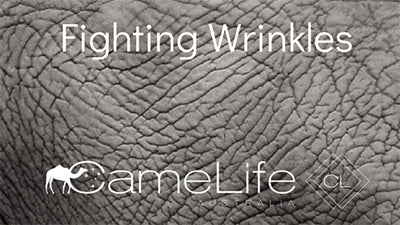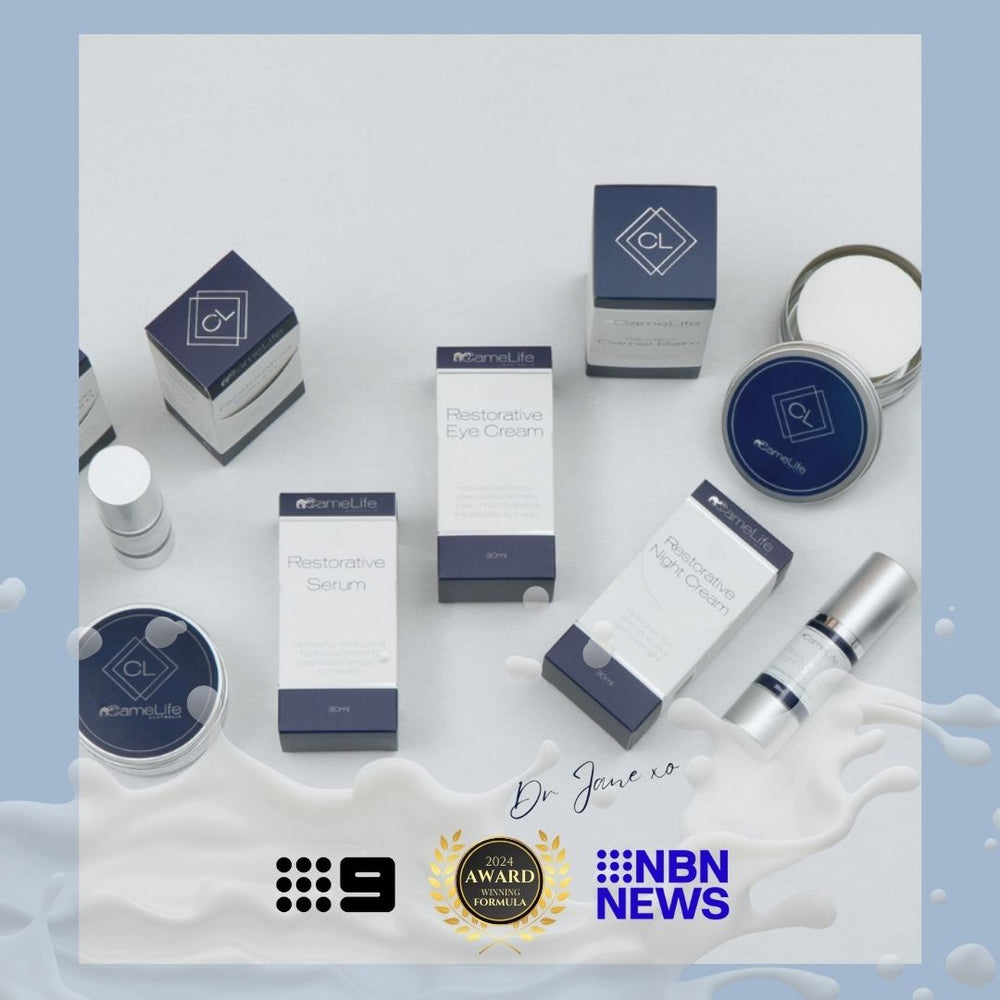Fighting Wrinkles

Fighting Wrinkles With An Anti-Ageing Diet
In our first anti-ageing blog , we discussed the changes that occur in your skin as you age and wrinkles start to form. Here we start looking at the building blocks of an anti-ageing regime that fights wrinkles and keeps your skin healthy. The first element isn’t about skincare products at all; it’s diet.
Your skin is a reflection of what you consume; what you eat and drink and what toxins you allow to enter your body. But you can fight ageing with the right foods; wrinkle-fighting foods that protect your skin in a variety of ways. Some of them hydrate your skin, some build strong cell walls, some guard against sun damage, while others protect against free radicals. What’s more, these foods often work together, boosting each other’s power. Combine them, and you’ll get far more fighting power to stop wrinkles than each one offers on its own.
Your skin is a reflection of how well your body is eliminating the toxins that build up on a daily basis. Chronic skin conditions such as acne, eczema and psoriasis stem from a combination of genetic factors, immune stress, dietary deficiencies or sensitivities, and the accumulation of toxins in the body. For your skin to be radiant and clear, it is very important that the other organs of elimination (kidneys, liver, lungs, and colon) are cleansing the body effectively. If not, your skin will be overtaxed, pores will become clogged, and eruptions of one sort or another will result.
Drinking Water
Drinking an adequate amount of water daily is important for your overall good health. Water aids your digestion, circulation, absorption and excretion. But what about drinking large amounts of water for proper skin health? Claims have been made that drinking water gives you a radiant, healthy, younger- looking complexion, while others say it has no effect on skin’s appearance whatsoever.

Your skin is your largest organ. Just like any other part of the body. your skin is made up of cells and skin cells, like any other cell in the body, are made up of water. Without water, your skin will not function properly. So, if your skin is not getting enough water, it will become dry, tight and flaky. Dry skin has less resilience and is more prone to wrinkles; drinking water is an essential component of an anti-ageing regime.
As water is lost in large quantities every day, you need to replace it somehow. The unfortunate truth about drinking water and skin is that water will reach all the other organs before it reaches the skin. Experts disagree whether or not drinking water really does hydrate your skin … but it certainly can’t hurt. Drinking at least eight glasses a day will help rid your body and skin of toxins and many people report that by increasing their water intake, their skin has a more radiant glow.
One last point on water; drink quality natural spring water if you can. Tap water contains powerful oxidants like chlorine; why would you focus on consuming anti-oxidants, if you then consume an oxidant!
Omega Fatty Acids
Think of your ageing skin cells as slightly deflated balls. Fatty acids plump up the walls of these cells, making them bouncy again. They form the outer membrane of cells, where the regulation of molecules which are allowed to pass through takes place and are therefore critical for healthy function of your skin cells.

Fatty acids are long chains of hydrocarbons with a terminal carboxyl group, either saturated or unsaturated. The unsaturated category includes the two primary groups of essential fatty acids; Omega-3s and Omega-6s. Other types of fatty acids such as Omega-9s are produced within the body. Whereas, your body cannot produce essential fatty acids, so you need to add them to your diet, through food but perhaps through supplements.
To get plenty of Omega-3s, eat fatty fish and walnuts, or take a high-quality Omega-3 supplement. Excellent sources of healthy Omega-6 fatty acids include; leafy vegetable, seeds, nuts and grains. Unlike cow’s milk, camel milk is an excellent source of Omega 3, 6 and 9 fatty acids. Whatever the source, keeping up your Omega 3 and 6 intake is a core component of you anti-ageing regime.
You can also topically apply fatty acids to your skin to help nourish and moisturize it directly for a more youthful, wrinkles free and healthy-looking complexion; more on this in our next blog.
Collagen Rich Foods – The Secret to Wrinkle Fighting
Wrinkles form when the collagen and elastin in your skin breaks down. To erase these wrinkles, wouldn’t it be great if you could give your skin a boost of anti-ageing collagen. What if you could “mainline” collagen directly to your skin cells? But foods that actually contain collagen are rare.

If we could recommend only one food to boost collagen, it would be bone broth. Foods often contain antioxidants and other nutrients to help the body synthesise collagen, but bone broth is unique in actually containing collagen. The collagen is in a bioavailable form of collagen in sufficient quantities for your body to use right away.
There are three types of collagen; types I, II, and III. These are concentrated in the tendons, ligaments, bones and joints and cooking down these animal parts for long periods of time helps release collagen from the bones, resulting in a nutrient-rich broth which many dermatologists recognise to be superior to collagen supplements.
Beef broth is richest in type I collagen, which makes it the best choice for skin health, while chicken broth is higher in type II collagen for supporting the joints.
Chicken’s eggs are another of those rare foods that actually contain collagen, in the yolk and eggshell membranes but the quantities are too small to be significant as a dietary choice. Many collagen supplements use egg membranes as an ingredient, but the quantities are too small to be significant as a dietary choice.
Unfortunately, there are no vegan or vegetarian routes to actually consume collagen; collagen is an animal protein. If you don’t eat animal products, then your focus should be on boosting your body’s ability to synthesise its own collagen.
Amino Acids – The Building Blocks of Collagen and Elastin
Amino acids are the building blocks of collagen and elastin. If you lack the amino acids that combine to form collagen, your body’s cells can’t produce enough of it. A diet high in essential amino acids (which the body can’t make on its own) helps keep your skin firm and elastic, while a deficiency makes it thin, dry and prone to wrinkles. But what are the amino acids necessary for collagen production and how can you make sure you’re getting enough for your body?

Threonine is an essential amino acid for collagen production. An essential amino acid is one your body cannot make, so you have to get it from food or dietary supplements. You can get threonine from foods such as lentils, peanuts, eggs, milk, pork, beef and chicken. If you are vegetarian or vegan, you can get threonine from soybeans, chickpeas, hummus, snap beans and asparagus.










Leave a comment